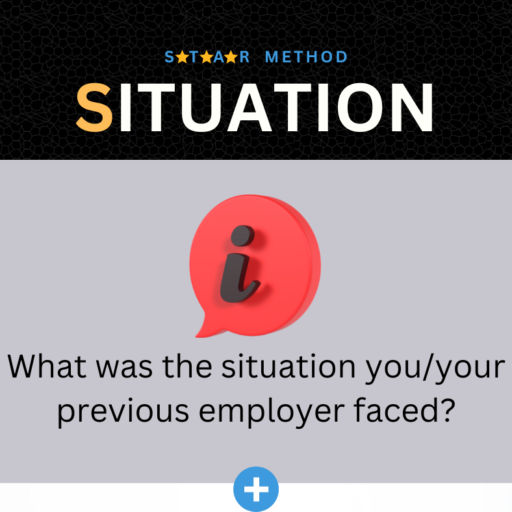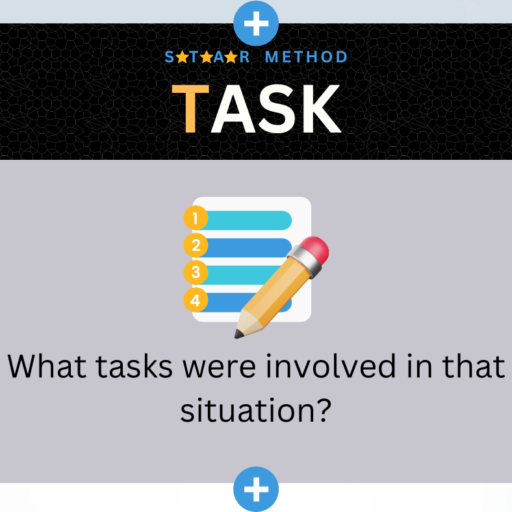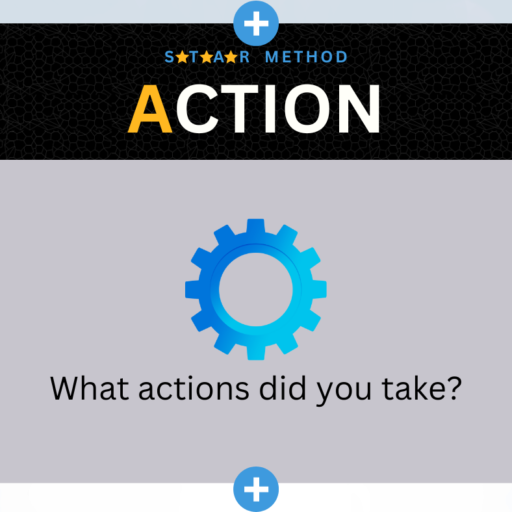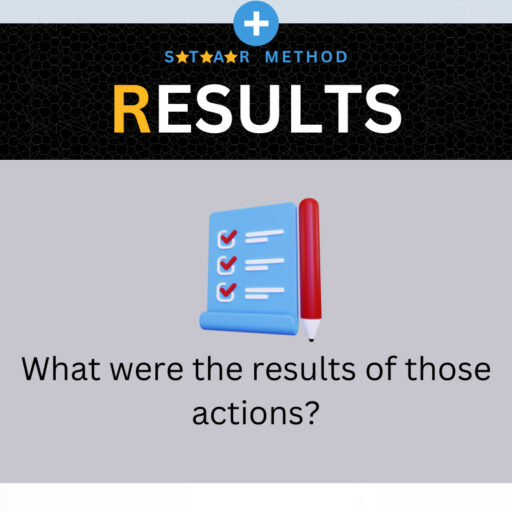By understanding the STAR method, identifying common questions, and preparing specific examples, you can confidently respond to behavioral questions in a compelling way.
Job interviews can be nerve-wracking, especially when faced with behavioral questions. Behavioral interviews focus on understanding an applicant’s past experiences and behaviors in various situations. Employers use these questions to assess how candidates might handle future challenges in the workplace. To help you prepare and succeed in your next behavioral interview, we’ve compiled essential tips and provided sample answers to common questions. Let’s dive in!
Tip 1: Understand the STAR Method
The STAR method (Situation, Task, Action, Result) is a structured approach to answering behavioral questions. It helps you present your responses in a clear and concise manner, highlighting the context of the situation, the tasks involved, the actions you took, and the positive results achieved.
Tip 2: Identify Common Behavioral Questions
-
- While each interview may vary, some common behavioral questions include:
- Describe a time when you had to deal with a difficult coworker.
- Can you share an example of a project where you had to overcome significant obstacles?
- How do you handle tight deadlines and multiple tasks?
- Tell me about a time when you demonstrated leadership skills.
Tip 3: Prepare Specific Examples
To answer behavioral questions effectively, recall specific instances from your past experiences that align with the question being asked. Choose examples that showcase your skills, problem-solving abilities, and positive outcomes.
Sample Question 1: “Describe a time when you had to deal with a difficult coworker.”
Sample Answer:
Situation: At my previous job, I worked on a team project where one team member consistently had a negative attitude and was uncooperative.
Task: As a team, we needed to collaborate effectively to meet tight project deadlines.
Action: I decided to address the issue directly with the coworker, setting up a one-on-one meeting to understand their concerns and perspective. I actively listened to their grievances and expressed my desire to find a resolution.
Result: By empathizing and finding common ground, we were able to work together more harmoniously, which improved team morale, and we successfully completed the project ahead of schedule.
Tip 4: Showcase Adaptability and Problem-solving Skills
Behavioral questions often assess how well you handle challenges and adapt to change. Demonstrate your problem-solving skills by highlighting your ability to think on your feet and find solutions to complex issues.
Sample Question 2: “Can you share an example of a project where you had to overcome significant obstacles?”
Sample Answer:
Situation: During a major project at my previous company, our team faced unexpected budget cuts that affected our resources and timeline significantly.
Task: The challenge was to deliver the project within the new constraints while maintaining high-quality standards.
Action: I immediately held a team meeting to brainstorm cost-effective solutions and prioritize essential tasks. We renegotiated contracts with suppliers, optimized internal processes, and reallocated responsibilities based on team members’ strengths.
Result: Despite the obstacles, we successfully delivered the project on time, achieving cost savings of 15% compared to the initial budget.
Tip 5: Emphasize Teamwork and Collaboration
Employers value candidates who can work well with others. Showcase your teamwork and collaboration skills in your responses, highlighting your ability to communicate effectively and contribute to the success of a group effort.
Sample Question 3: “Tell me about a time when you demonstrated leadership skills.”
Sample Answer:
Situation: During a crucial client presentation, our team leader unexpectedly fell ill, leaving us in a challenging situation.
Task: As the most experienced team member, I stepped up to lead the presentation and guide my colleagues through the process.
Action: I quickly reassured the team, delegated roles based on each person’s strengths, and organized extra practice sessions to build confidence.
Result: The presentation was a success, and our client commended our team’s resilience and professionalism. This experience also strengthened our team bond, encouraging more open communication and support.
Behavioral interviews are an opportunity for you to shine and showcase your skills, experiences, and abilities.
Emphasize your adaptability, problem-solving skills, and teamwork to leave a lasting impression on your potential employer. Remember, practice makes perfect, so conduct mock interviews with friends or mentors to refine your responses and approach. Good luck in your next behavioral interview!












